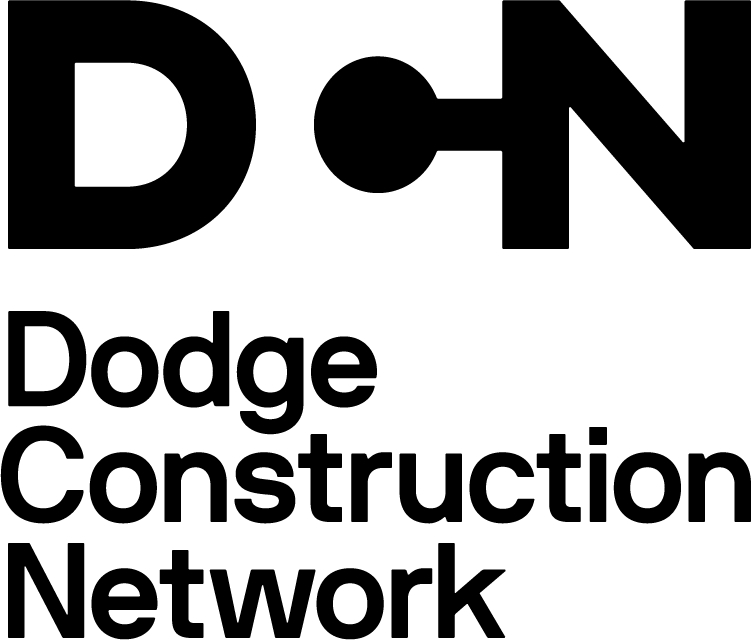Access to data will help the design and construction industry handle challenges, finds DCN

Architects, engineers and contractors are facing a heightened risk environment currently, with challenges ranging from not being able to find qualified employees, to supply chain challenges, to the constant pressure of staying competitive in a transforming digital landscape to the risk of cyberattacks. A new study from Dodge Construction Network (DCN), published in partnership with Egnyte, reveals that data resiliency is key to handling these design and construction industry challenges.
The new report, entitled Data Resilience in Design and Construction: How Digital Discipline Builds Stronger Firms, defines data resilience as the ability to access all project and business documents and data to support work at any time, from anywhere and on any device. The study reveals that only 39% of architects, engineers and contractors currently have this unimpeded level of access at least 90% of the time, meaning that most of the industry struggles with this issue.
The top challenges are an inability to access all documents on mobile devices, software that limits their ability to work digitally with other project team members, and a lack of timely access to documents. The findings also reveal wide variances among architects, engineers and contractors, suggesting that, while the overall industry struggles with these challenges, each type of company has a different set of priorities when they tackle them.
A majority of respondents say that these access deficiencies result in numerous performance issues, such as unplanned rework and schedule delays.
Previous studies conducted by DCN show the impact that unplanned rework and schedule delays have on construction projects. As the digital transformation of the design and construction industry continues, companies with universal access to their documents will be better poised for success.
Steve Jones, senior director of Industry Insights at DCN
The data suggests that cloud-based functionality can help to avoid these challenges, since 85% of those who report no issues with document access are currently utilizing the cloud.
The architecture, engineering, and construction industries have seen a surge in migrating data to the cloud in recent years empowering them to collaborate more efficiently and effectively. This study demonstrates how the digital revolution has empowered companies to adapt to new ways of work despite the unique challenges each of these industries have faced with the opportunities and risks that come with technology today.
Kevin Soohoo, senior director of AEC Industry Solutions at Egnyte
In addition, the study examines several other top risks that design and construction companies face, such as supply chain disruptions and the challenge of attracting and retaining talent. The report reviews the ways companies are managing these challenges and highlights the most frequent and most effective strategies. One of the most concerning risk-related findings is the degree to which the design and construction industry underestimates their exposure to cyberattack.
- A full 59% say that they have experienced a cybersecurity threat in the last two years. General contractors in particular struggle with this, with 70% who have experienced a threat and 30% who have had a ransomware attack since 2021.
- The majority (72%) of architects, engineers and contractors rate themselves as having a moderate or higher degree of preparation for an attack that would cause them to lose access to documents. However, 77% say they cannot go more than five days without access to documents before they experience serious schedule impacts on their projects, and the average duration of a successful ransomware attack is considerably longer than five days, potentially leaving many firms more vulnerable than they realize.
Many other types of risks are also cited by respondents as having the potential to have a major impact on their business, including market risks and technology issues.
For all these types of risks, the study looks at the most commonly utilized and most effective strategies to mitigate and manage them. Thus, the SmartMarket Brief provides a series of approaches for designers and contractors that have worked for their peers, thereby helping to increase awareness of the best risk mitigation strategies. Those include using cloud-based collaboration solutions, increasing automation to reduce the time needed for tasks, upskilling the workers they have, and identifying alternative sources for materials.
The Data Resilience in Design and Construction: How Digital Discipline Builds Stronger Firms report contains extensive detailed findings and analysis, and can be downloaded from Egnyte. Egnyte’s Data Resiliency in Design and Construction webinar-on-demand with DCN’s Steve Jones discusses the findings of the report.

